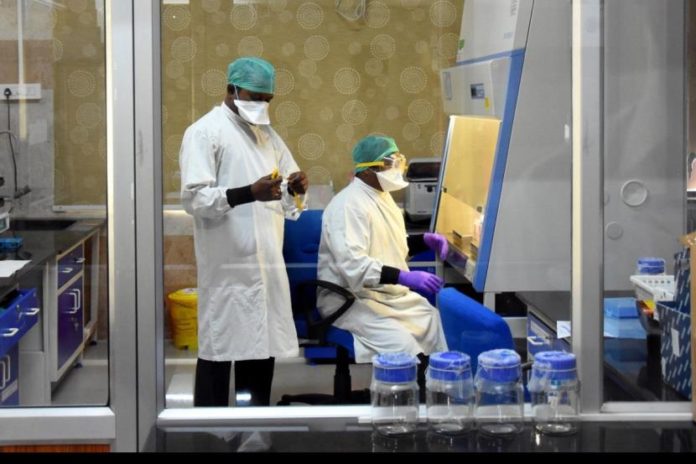NEW DELHI: The World Health Organisation (WHO) has retracted a statement made by one of its top epidemiologist where she said Covid-19, the disease caused by novel coronavirus, can’t be transmitted by asymptomatic cases.
On Monday, when Maria Van Kerkhove, WHO’s technical lead on Covid-19, was asked about the frequency of transmission, she said, “It still appears to be rare that asymptomatic individuals actually transmit onward.”
According to a report published in Reuters, Kerkhove said that many countries undertaking contact tracing had identified asymptomatic cases, but were not finding they caused further spread of the virus. “It is very rare,” she said.
However, on Tuesday, Van Kerkhove issued a clarification saying she was actually referring to a few studies and not the complete picture.
This retractions came after disease experts raised questions experts about the statement issued by the WHO’s top expert on Covid-19. The said this statement could pose problems for governments as they seek to lift lockdowns.
“I was quite surprised by the WHO statement,” said Liam Smeeth, a professor of clinical epidemiology at the London School of Hygiene and Tropical Medicine, who added that he had not seen the data Kerkhove’s statement was based on.
“It goes against my impressions from the science so far that suggest asymptomatic people – who never get symptoms – and pre-symptomatic people are an important source of infection to others.”
Smeeth and other experts said understanding the risks of transmission among people with mild or no symptoms is crucial as governments begin to ease the lockdown measures they imposed to try and reduce the pandemic’s spread and gradually replace them with case tracking and isolation plans.
“This has important implications for the track/trace/isolate measures being instituted in many countries,” said Babak Javid, a Cambridge University Hospitals infectious diseases consultant.
Meanwhile, some experts said it is not uncommon for infected people to show no symptoms.
A non-peer-reviewed study from Germany in May based on 919 people in the district of Heinsberg – which had among the highest death tolls in Germany – found that about one in five of those infected were symptomless. But data is sparse on how likely such people are to transmit the disease.
The co-head of Singapore’s coronavirus task force told Reuters on Monday there had been asymptomatic transmission cases there, between people living in close quarters.
China said last week that 300 symptomless COVID-19 carriers in its central city of Wuhan, the pandemic’s epicentre, had not been found to be infectious.
Keith Neal, a professor of the epidemiology of infectious diseases at Britain’s University of Nottingham, said that while the question of how big a role asymptomatic transmission plays in new infections is unclear, what is known is that people with symptoms are responsible for most of the spread of the disease.
Speaking about the WHO’s statement, Ivo Vlaev, a professor of behavioral sciences at the University of Warwick, said, “If you are giving them confusing messages or they’re not convinced about why they should do something, like wear masks, they will just ignore you.”
CAN PEOPLE WHO DON’T FEEL SICK SPREAD THE DISEASE?
We don’t know. WHO has maintained for months that the vast majority of Covid-19 spread is from people with symptoms like a fever or cough, and that transmission from people who don’t feel sick is not thought to be a major driver of the disease.
At a hastily arranged social media event Tuesday to try to clear up confusion, WHO’s emergencies chief, Dr Michael Ryan, said “both symptomatic and asymptomatic individuals are part of the transmission cycle” but that it was unclear how much each contributed to disease spread.


